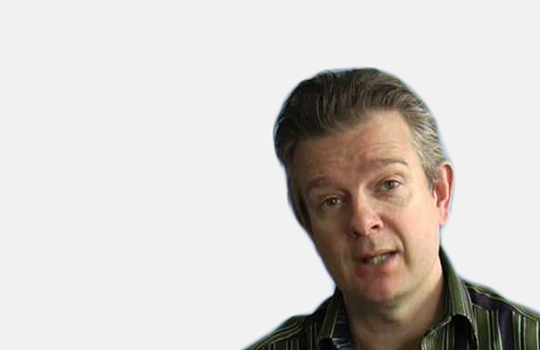![]() Recently a colleague of mine, a GP, told me she was taking a three-month sabbatical. She was going to sit on an island in the Mediterranean and do very little more than read novels. Reading novels, she said, made her a better doctor. After I had shrugged off the spasm of envy, I started to think about what she had said.
Recently a colleague of mine, a GP, told me she was taking a three-month sabbatical. She was going to sit on an island in the Mediterranean and do very little more than read novels. Reading novels, she said, made her a better doctor. After I had shrugged off the spasm of envy, I started to think about what she had said.
While I could understand how a three-month holiday could make anyone better at their job, could the same really be said of a novel? What was it about novels, presumably ‘good’ novels, and perhaps other works of art, that could make someone a better doctor, and if it could, should all doctors be exposed to them as part of their training?
People often say that art makes us more human. Looking at the world refracted through art we can learn to extend our sympathies. We begin to see what the world might look like through another person’s eyes. In doing so we start to cultivate compassion, surely one of the key virtues in medicine. By exercising compassion doctors see not just a symptom but someone suffering. Clinical objectivity joins hands with empathy, and the conditions for healing are maximised.
This is a big claim for art. It is also a moral claim: art makes us, or can make us, better people. But is art, even good or very good art, as good as this? Famously, some of the concentration camp guards were said to have listened to Mozart to relax after the day’s killing. If art had widened the circle of sympathy, it had nonetheless failed to extend it to large parts of humanity. A more approachable example, perhaps because it is more easily recognisable, is Gilbert Osmond in Henry James’ great novel The Portrait of a Lady. Highly civilized, he is also a frozen and manipulative aesthete. Love of beauty, twinned with egotism, can lead us away from people, away from the mess of real life towards a cruel perfection. Hannibal Lecter, himself a doctor, was also fond of a good Chianti.
These tales may be cautionary but I am not sure I am completely dissuaded. Perhaps we just need to be more modest. Being a good doctor is difficult, but being a good person is more difficult still. Improvement, at least in my experience, is slow. There is a lot of good art, and some great art in the world, but there is also a great deal of room in the world for improvement. The media is full enough of stories about doctors who fall short of the standards expected of them.
If there is something that doctors can learn from novels in particular, then perhaps it has something to do with the way they have with stories. Being a good doctor will often involve compassionate judgement, but the complexity of human lives can make such judgement difficult. Novels can help shed some light on this complexity. They have at their best an uncanny ability to hold together many strands of a story, to present the world through a shifting variety of perspectives. At the very least they remind us of a number of simple truths: that human lives unfold over time; that people seek meaning in the shape of their lives, and that the search is linked to their wellbeing. In the end I don’t think we should ask too much of art, but if we are minded to extend the circle of our compassion, then I think it can help. Especially if we get to consume it on a three month holiday in the Mediterranean.
Comments? Have your say on the blog
Julian Sheather is deputy head of ethics at the British Medical Association.
Competing interests: None declared
